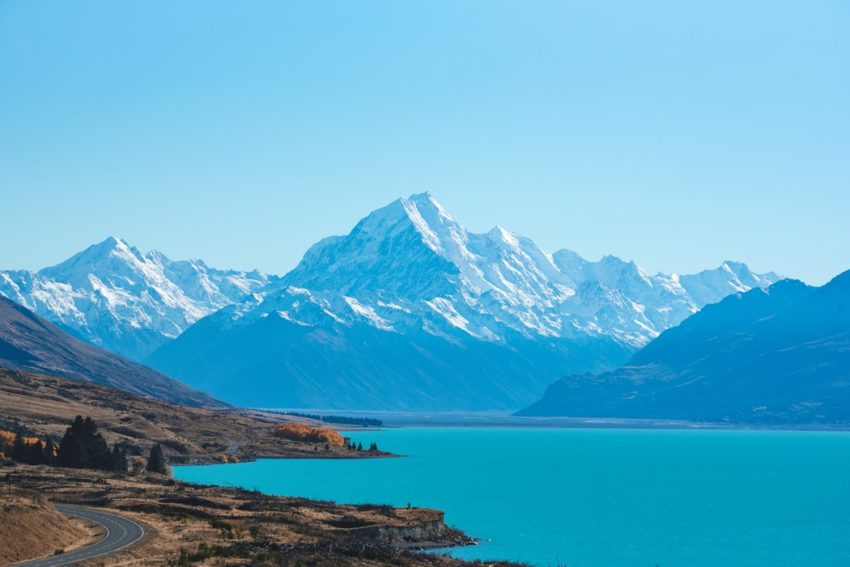We are at a juncture in our lives. The world around us has changed–who knew what 2020 was going to bring?–and we have to adapt. A major part of this is rethinking how we live, how we eat, and how we travel. Nature has been giving us warnings about our encroachment and destruction, and now the reset button needs to be pushed. But what does it really mean to be a conscious traveller?
This World Environment Day, I am reminding myself of what’s important: it’s not how many countries I visit or the holidays I take, but how I travel responsibly and respect what nature has given us and think about what we owe to the environment. So, in this hiatus from travel, I am rewiring myself and becoming a conscious traveller. The process starts with these questions that I will ask myself (and others) before planning a trip.
Do I Need To Travel?
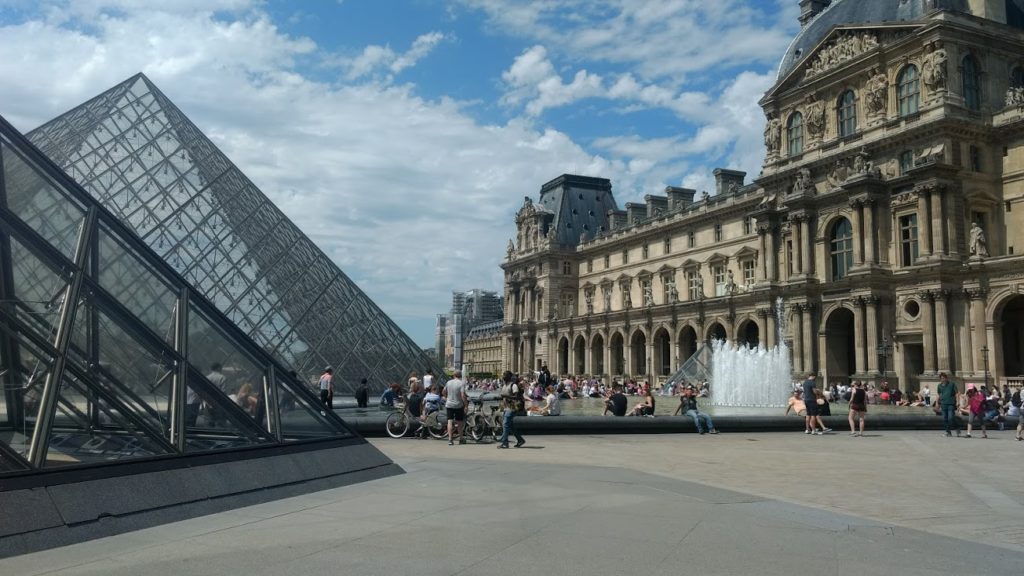
Not just for business, but even personally. Travel industry is coming out of a slumber after Coronavirus, but the risks are still huge. Plus, the environment doesn’t want us to be flying off. Our carbon footprint goes off the charts even with an economy flight (think of all the fuel a plane burns and if doubtful, calculate here). Virtual tours can be a game-changer if we’re thinking of travelling consciously.
On the flip side, does the destination need me (even if I’m a conscious traveller)? Pre-Coronavirus, there were hacks online on how to make the most of The Louvre and beat the crowds at the Vatican. These places are filled to the brim. Once travel goes up, it’s likely to happen again. So, it may be worthwhile to research about a destination that can accommodate travellers without the risk of over-tourism and stretching its resources. Hawaii has reported the impacts of tourism for decades and now that the 10 million tourists have disappeared, there are fish and seals on the beach.
Is My Hotel Environment-Friendly?
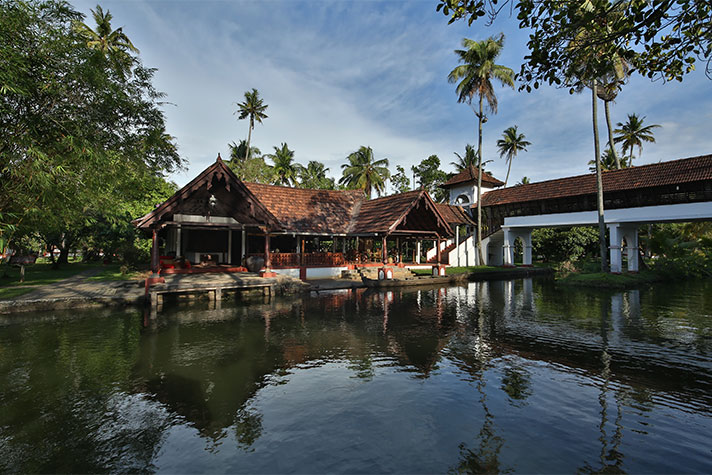
A lot of words are used in the industry because conscious travellers are already asking questions. However, don’t take ‘green’ and ‘eco-friendly’ at face value. Look for specific initiatives. A hotel will list on its website if it’s doing any of these: rainwater harvesting, waste management, community outreach programmes, recycling etc. Hotel chains like Marriott and Hilton have discarded travel amenities, so that’s a good start too. Better yet, look for eco-lodges, tree houses, and other innovative designs that are environment-friendly. Soneva in the Maldives and CGH Earth in India are great examples of responsible luxury. Simple things like light sensors, veggie and herb gardens, glass bottles and recycled paper in rooms are thoughtful touches that hotels offer.
Can I Eat & Shop Local?
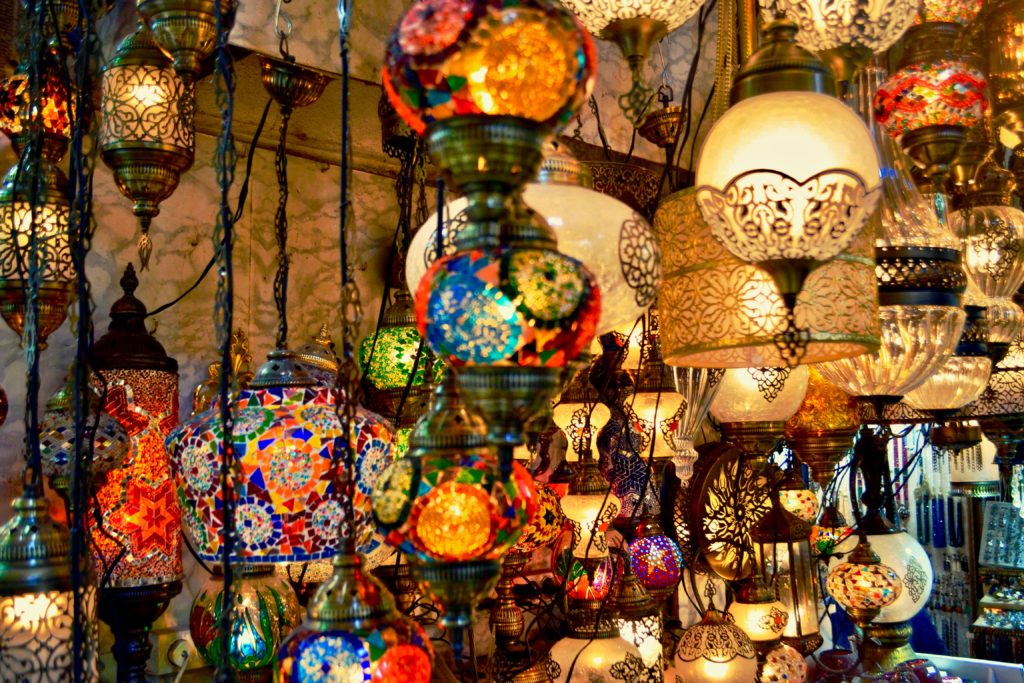
Skipping Indian restaurants and fast food chains, conscious travellers need to look for restaurants and cafes that carry the roots of a destination. Try local delicacies (like mango and sticky rice in Thailand or shabu shabu in Japan or cacio-e-pepe in Italy) at big and small restaurants and taste the flavours of a city. Travel is supposed to be a learning experience too, so maybe you can bring back a few recipes and try them out! Why? Because it doesn’t dilute the local culture and helps you give back to the community.
For a souvenir, bank on local artists and markets. Bring something handcrafted home that reflects the culture of a place. They make for great gifts, but more than that, you’re directly helping an artist or a craftsperson.
How Will I Travel In The City?
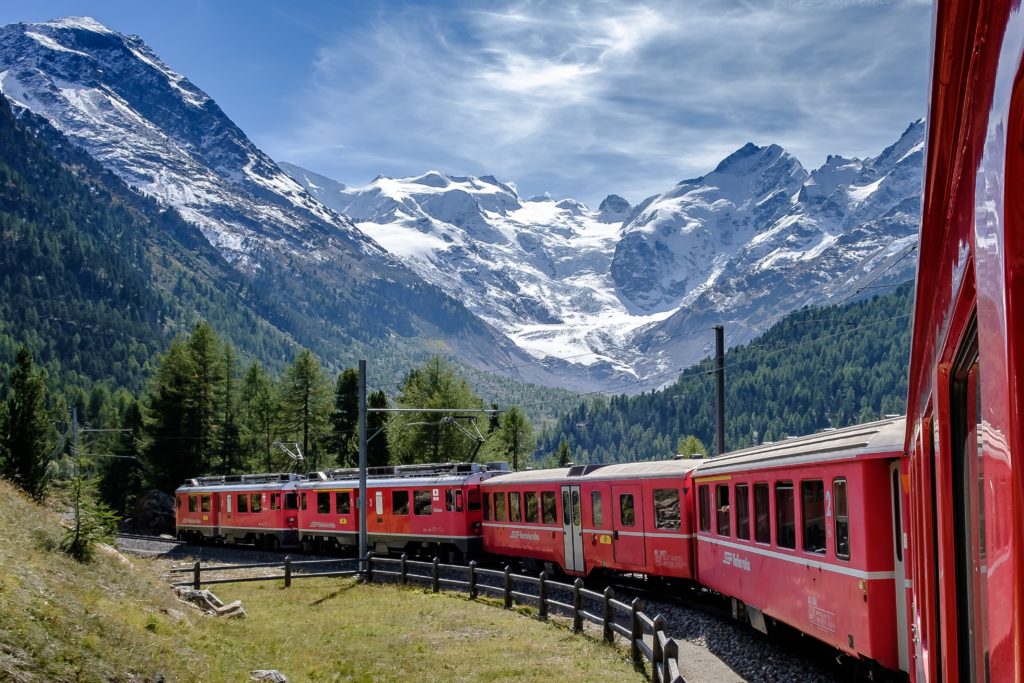
The best option here is public transport. Major world cities have metro, buses, trams and trains. Sometimes, the routes are so scenic that you can discover them from the window of your train and travel slowly to capture these moments (case in point: Switzerland). However, there will be times that a cab or a hired car will be the most effective way of transportation–think of electric cars in these cases. If you can, rent a bike, especially in cycle-friendly cities like Amsterdam and Seville.
Can I Learn Something About A Place’s Culture & Give Back To The Community?
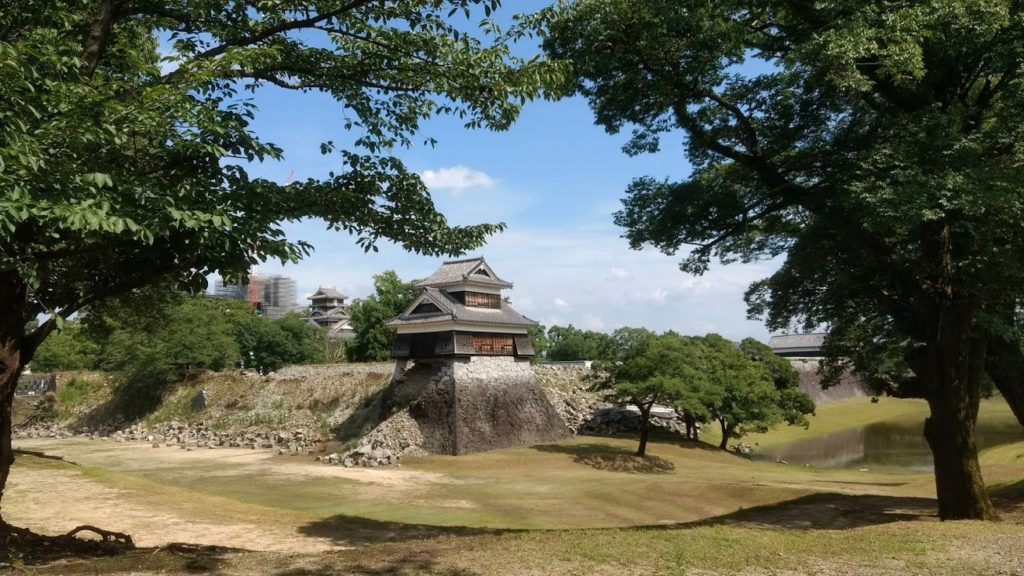
Historic monuments, museums, art galleries, cultural districts and local markets are great places to learn about a destination. Add to that walking tours, cooking classes and pub crawls and you have an itinerary that gives you a perspective. Look for tours that directly benefit a community (like a village tour that takes you to craftspeople and proceeds go to the community). Hiring a local guide is an easy way to help the economy and make the most of your trip.
Is There An Opportunity To Get Involved In Conservation Efforts?
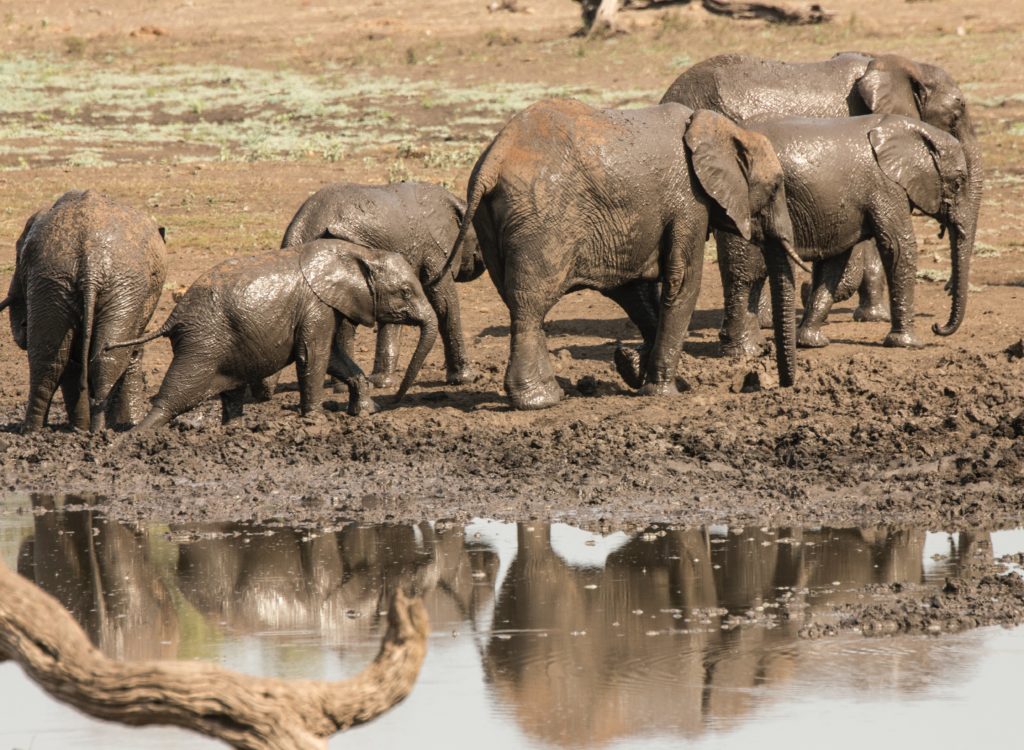
This is especially true for wildlife-heavy destinations. In South Africa, I stayed at a manor house that rehabilitated rhinos (Rhino Revolution) and they sold merchandise to raise funds for their care. Places like this should be on the radar of a conscious traveller because not only you can enjoy nature’s abundance but also get involved in initiatives to conserve it. You can adopt animals, even villages if you have means, and there are charities that will send you reports of how they’ve utilised your funds (look up WWF and Born Free). If nothing else, there are many places around the world you can volunteer and do a lot of good (check out Reef Watch Marine Conservation in Andamans and Centre For Wildlife Studies).
Little Things That Matter

While making this shift to become a conscious traveller, it’s important to be mindful of things such as how many plastic bottles we are buying and how many cups of coffee we are throwing in the bin and how much food is getting wasted because of over-ordering. So, a few things to remember:
- Switch off lights when leaving a room.
- Ask about portions and tell the restaurant to serve a smaller portion if you’re not hungry.
- Carry a reusable bottle from home and a KeepCup for coffee. Say no to plastic straws.
- Be careful when shopping. Avoid leather made of exotic animals (or avoid leather altogether) and read labels to know if a product was tested on animals.
- Travel light.
- Never ever litter. Separate and dispose off waste as per the country’s norms.
- Use reusable bags instead of plastic for amenities.
- Reuse sheets and towels in a hotel.
- Don’t pet animals or ride them. Say no to circus or any activity that exploits them.
- Fly directly on newer planes and with airlines that are using cleaner fuels (you can also buy carbon offsets from airlines; details here).
- Use environment-friendly sunscreen.
- Learn about a destination’s culture and traditions and follow their rules.
In my bid to become a conscious traveller, I have realised that there is more to a trip than Instagram-worthy photos and social ammo. We’ve all made mistakes in the past and left a big footprint on the world, but it’s time to reel ourselves in and think about the world we’re leaving behind for future generations.
Featured Image: Unsplash

